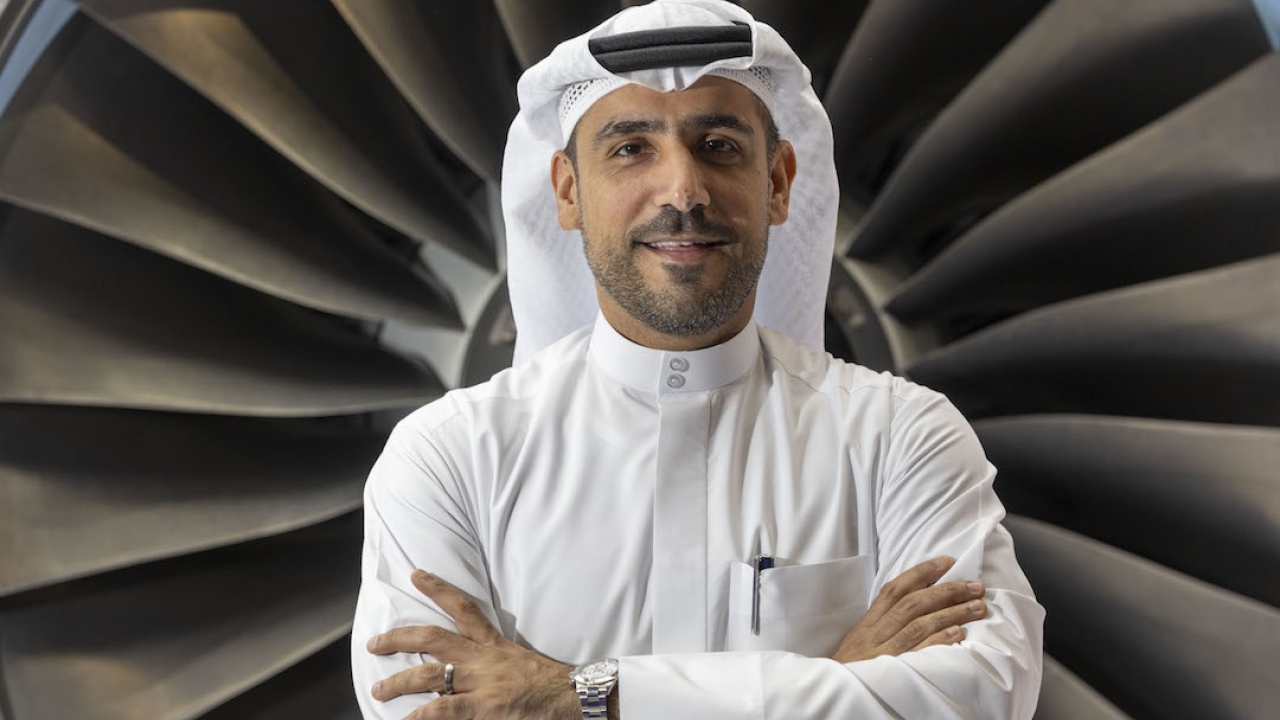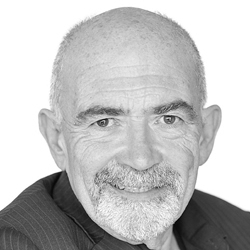Sanad reshapes the future with Mubadala milestone
Mubadala’s aerospace engineering business Sanad is extending its maintenance capabilities into new industry segments while pushing to lead the region’s engine MRO provision.

Sanad CEO Mansoor Janahi: On a mission to develop a global reputation. PICTURE: Billypix
Abu Dhabi-based Sanad has been quietly getting on with the business of aircraft engine maintenance for close to four decades. As GAMCO, ADAT, IS&S, it had been steadily providing support to airlines such as Gulf Air and Etihad.
But now, as part of Mubadala, the company’s sound financial footing that has led to investment in equipment, training and facilities has seen Sanad grow its capabilities so much that it was globally recognised by Rolls-Royce as its most improved provider.
As it expands its capabilities into new engine types it is also breaking new ground into a fragmented marketplace – airports.
At the November Dubai Air Show, Sanad’s chief executive Mansoor Janahi, said the company had signed a deal with the European technology giant Thales that expands Sanad's MRO services into the dynamic fields of airport security, air traffic control and digital operation.
"Our strategic alliance represents a significant milestone in Sanad's journey,” Janahi said. “By collaborating with an industry leader, we contribute to sustaining efficient operations at some of the busiest airports in the Middle East and Africa.
“We aim to shape a more cohesive and collaborative aviation industry rooted in engineering excellence and technological innovation,” he said.
Describing that maintenance market as “seriously fragmented,” he said “There is a significant requirement for either the modernisation of airports or the development of new airports.
“We always look at it from a technical/maintenance angle. So, what we see today is that growth is going to happen, whether it is in the region, or even globally.”
Sanad and Thales will collaborate closely to enhance air traffic management and advance airport operations in the Middle East and Africa by deploying innovative systems and MRO services.
But while the new direction drives excitement into the business, it is an investment into supporting the newest technologies in the aircraft engine world that holds the most promise.
The company publicly unveiled its Leap Engine MRO Centre in Abu Dhabi in November. This is the first facility in the Middle East region to service CFM International Leap 1A and 1B platforms.
Janahi said the 5,000 square metre (54,000 square foot) centre has “substantially increased the operational capacity” of its workshop, giving it capability to service up to 200 engines annually. The new facility has already completed MRO services for a Leap 1B engine operated by Flydubai.
The new centre follows the announcement of an agreement with GE Aerospace and Safran Aircraft Engines in June at the Paris Air Show and opens at a time when demand for narrowbody support in the region is growing
Aviation Week’s 2023 Commercial Fleet and MRO Forecast showed 426 Leap engines in service with operators in the Middle East region, and claims this will grow to nearly 2,000 by 2032.
The Leap engine family is expected to generate $106.8bn in MRO spending over the next decade.
Janahi said the LEAP launch backed his goal of a balanced portfolio. Already having developed a global reputation for MRO on the IAE V2500 engine for the Airbus A320 family – aircraft fly from the US and Mexico to Abu Dhabi for overhaul – the company is also growing its Rolls-Royce Trent 700 and GE’s GEnx numbers.
An example of the growth is shown with the Trent 700 which powers the Airbus A330 fleet. “We did 24 Trent engines in 2022, 42 in 2023 and we expect 50 in 2024,” Janahi said.
Janahi sees the expanding business reaching across South Asia, Africa and following an investment in Indonesia, South East Asia as well. But it won’t all be in Abu Dhabi. “I believe partnerships will play a huge part in out future,” Janahi said.
“Global traffic is growing at 3.6 per cent. And the Middle East at six per cent. Engine maintenance is valued at $64 billion with 10.6 per cent of it coming from the the Middle East. At the end of the day, we are an enabler to the aviation ecosystem and sustainability as well,” Janahi said.
“Having an MRO centre in the UAE is a significant step towards making our operations more sustainable,” said Flydubai chief operating office Mick Hills. “It provides us with in-country solutions, reducing the need to send engines overseas for maintenance, which aligns with our commitment to operational efficiency.”
Stay up to date
Subscribe to the free Times Aerospace newsletter and receive the latest content every week. We'll never share your email address.


